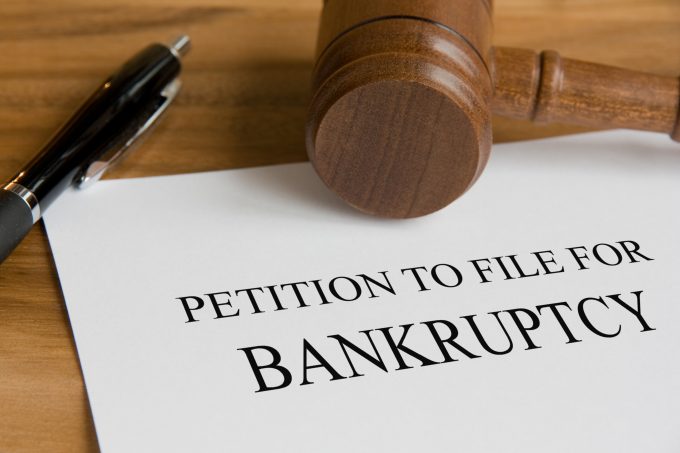Box ship building in China hits new heights with 68.5% of global orders
China has become the undisputed front-runner in containership building, with an orderbook, extending to 2030, ...
XOM: GO GREEN NOWKNIN: BOUNCING OFF NEW LOWS HON: BREAK-UP PRESSURECHRW: UPGRADESZIM: LAGGARDFWRD: LEADINGMAERSK: OPPORTUNISTIC UPGRADETSLA: GETTING OUTDSV: DOWN BELOW KEY LEVELLINE: DOWN TO ALL-TIME LOWS AMZN: DEI HURDLESAAPL: DEI RECOMMENDATIONAAPL: INNOVATIONF: MAKING MONEY IN CHINA
XOM: GO GREEN NOWKNIN: BOUNCING OFF NEW LOWS HON: BREAK-UP PRESSURECHRW: UPGRADESZIM: LAGGARDFWRD: LEADINGMAERSK: OPPORTUNISTIC UPGRADETSLA: GETTING OUTDSV: DOWN BELOW KEY LEVELLINE: DOWN TO ALL-TIME LOWS AMZN: DEI HURDLESAAPL: DEI RECOMMENDATIONAAPL: INNOVATIONF: MAKING MONEY IN CHINA

If there’s one kind of shipping investor that it is difficult not to feel rather sorry for, it is the thousands of private KG investors in Germany. Known in German shipping circles as “dentist owners”, due to the high proportion of dentists which invested their pension funds in container vessels, the so-called Kommanditgesellschaft were closed-end funds operating like mini-companies set up to own one vessel at a time; investors receiving payments from charter fees and the eventual sale of the vessel at the end of its lifetime. The German government loved the system and gave investors substantial tax breaks. Around 2,200 currently exist, but many have been caught out by the overcapacity crisis in container shipping and the precipitous fall in charter rates that has pushed 20% of them to the brink of insolvency and wiped out the savings of a whole swathe of Germany’s middle class.
Comment on this article